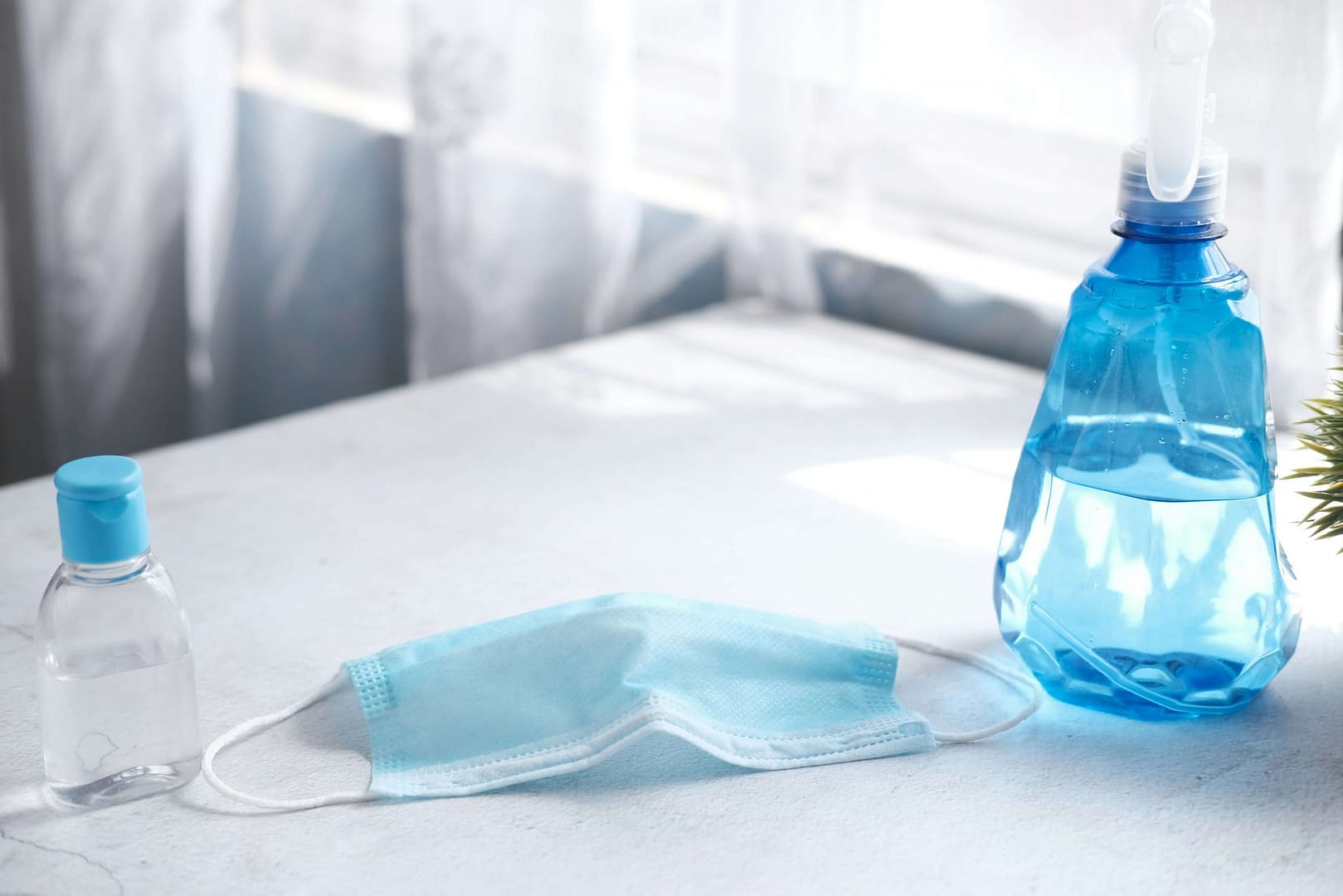Methicillin-resistant Staphylococcus aureus (MRSA) remains a significant public health concern in the United Kingdom, causing various infections ranging from minor skin problems to life-threatening conditions. However, with a comprehensive understanding of MRSA and the implementation of proven strategies, we can effectively curb its spread and protect ourselves and our communities.
Understanding MRSA: A Closer Look
MRSA is a strain of Staphylococcus aureus (S. aureus) bacteria that has developed resistance to methicillin and other common antibiotics. This resistance makes MRSA infections more challenging to treat, increasing the risk of complications and prolonged illness.
S. aureus is a common bacterium found on the skin and in the nose of healthy individuals. It usually does not cause any harm unless it enters the body through a cut or wound, where it can cause an infection. However, in healthcare settings, MRSA can spread through direct contact with infected individuals or contaminated surfaces.
Receive a Call About Your Claim
The Importance of Hand Hygiene
Hand hygiene is the cornerstone of MRSA prevention. Regular and thorough handwashing with soap and water or using an alcohol-based hand rub is crucial in reducing the transmission of MRSA and other pathogens.
Healthcare professionals are particularly encouraged to practice meticulous hand hygiene before and after contact with patients, as well as after touching potentially contaminated surfaces. This simple yet effective measure can significantly decrease the risk of MRSA transmission within healthcare facilities.
Preventing MRSA Transmission in Healthcare Settings
Healthcare-associated MRSA (HA-MRSA) remains a significant challenge in the UK. To prevent the spread of MRSA in healthcare settings, several measures are implemented:
- Screening and Isolation: Patients admitted to hospitals are often screened for MRSA colonization. Those found to be colonized are isolated to prevent transmission to others.
- Contact Precautions: Healthcare workers use personal protective equipment (PPE) such as gloves and gowns when caring for patients with MRSA to minimize the risk of contamination.
Community-Associated MRSA: A Growing Concern
While HA-MRSA remains a concern, community-associated MRSA (CA-MRSA) has emerged as a growing threat. CA-MRSA infections are often acquired through close contact with infected individuals, especially in crowded settings like schools, gyms, and prisons.
To prevent the spread of CA-MRSA, individuals are encouraged to:
- Cover Wounds: Keep any cuts or scrapes clean and covered until they heal.
- Avoid Sharing Personal Items: Do not share towels, razors, or other personal items that may come into contact with the skin.
- Practice Good Hygiene: Wash hands regularly, especially after contact with others or potentially contaminated surfaces.
Treatment Options for MRSA Infections
While MRSA infections can be challenging to treat, several antibiotics are still effective. The choice of antibiotic depends on the type and severity of the infection, as well as the patient’s medical history and allergies.
In some cases, drainage of abscesses may be necessary along with antibiotic therapy. It is crucial to complete the entire course of antibiotics as prescribed by the doctor, even if the symptoms improve, to ensure the complete eradication of the bacteria and prevent the development of antibiotic resistance.
The Role of Public Health in MRSA Control
Public health agencies play a crucial role in MRSA surveillance and control. They monitor MRSA trends, investigate outbreaks, and provide guidance to healthcare facilities and the public on prevention and control measures.
Public health initiatives also focus on raising awareness about MRSA, promoting hand hygiene, and educating the public on the importance of seeking medical attention for any signs of infection. By working collaboratively with healthcare providers and the community, public health agencies can effectively contribute to the control of MRSA and protect public health.
Making a Medical Negligence Claim After Contracting MRSA with National Claims
At National Claims, we understand that contracting MRSA during medical treatment can be a distressing and life-altering experience. If you or a loved one have suffered harm due to inadequate infection control measures or medical negligence, our team is here to help. We specialize in assisting victims of medical negligence navigate the complexities of the claims process.
Free Consultation
Let’s start with a free consultation to discuss the specifics of your case. We’ll listen to your experience, review your medical records, and assess the circumstances surrounding your MRSA infection. This allows us to give you initial advice on whether you have a strong claim for medical negligence, then we will connect you with a solicitor from our panel who will be able to assist you with your claim.
No Win, No Fee*
National Claims believes that access to justice shouldn’t be hindered by financial concerns. For this reason, we operate on a “No Win, No Fee” basis. You won’t pay any upfront legal fees. Our fees are contingent on whether your claim is successful, allowing you to pursue your case without undue financial stress.
*Customers pay up to 25% (incl. VAT) of the amount recovered towards solicitor costs and if you cancel outside your cooling off period, you may be charged a fee.
Contact us today to speak to one of our claims agent who will be able to help you get started on your claim.
Click below to see why we are one of the most trusted claims management companies in the UK.

We’re proud of our excellent customer reviews
We thrive on delivering exceptional service and ensuring our clients’ satisfaction. Don’t just take our word for it. Check out some of our independent reviews to see what our clients have to say.
Excellent

This firm is excellent, they sorted out my car pay out and injury claim very fast, they always communicate with you all the time.

My accident case was dealt with confidence and with great result of the outcome, especially James kept me informed all the time.

I was very impressed at the way my inquiry was treated. I was listened to attentively and everything I needed to know was explained to me.






